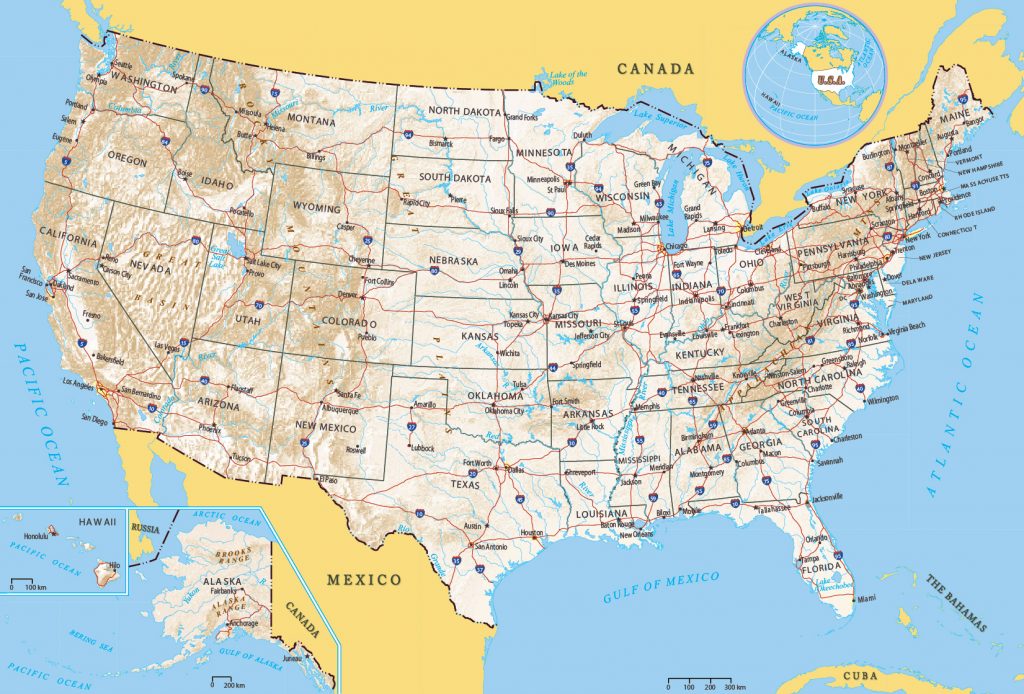
On October 12, 1964, Mary Pinchot Meyer was murdered on the canal towpath in Georgetown. A divorced artist from a prominent family, Meyer was known by insiders to have been President John F. Kennedy’s senior female consort during his White House years, though the story never leaked to the public.
Her murder and the ensuing trial of Raymond Crump, Jr., an African-American laborer found by the police in the vicinity of the murder, drew a good deal of attention at the time. Crump had been identified by a gas station attendant helping start a car on a road overlooking the canal. Hearing cries of “Somebody help me. Somebody help me” and two shots, the attendant ran to look.
Tags: American history, assassination, conspiracy theories, John F. Kennedy, KGB, Mary Meyer
 American history contains two outstanding wrongs committed against groups of us: the killing, displacement, and mistreatment of Native Americans and the subjection of African Americans to slavery and ongoing discrimination. Various thinkers have suggested kinds of reparations for these acts; but views differ sharply on whether reparations are justified, who should pay them, who should receive them, and what amount is fair and feasible. Instead of serving to heal our country, reparations have become one more divisive issue.
American history contains two outstanding wrongs committed against groups of us: the killing, displacement, and mistreatment of Native Americans and the subjection of African Americans to slavery and ongoing discrimination. Various thinkers have suggested kinds of reparations for these acts; but views differ sharply on whether reparations are justified, who should pay them, who should receive them, and what amount is fair and feasible. Instead of serving to heal our country, reparations have become one more divisive issue.
Yet reparations offer an alluring vision: via a concrete but also symbolic national gesture, we could take a major step toward healing wounds, overcoming the past, and moving together into the future. They could counteract the negativity of partisan politics and lead to a happier multiethnic and multiracial society. So we need to think through how to bring Americans to comprehend and support a plan for reparations that will help us flourish as a united people.
Fortunately, a related issue affords us an excellent opportunity
Tags: Affirmative Action, African Americans, American history, Blacks, early intervention, Indians, Native Americans, poverty, reparations, US politics
 Unfinished business in a nation’s history can undermine citizens’ trust in government and sense of participating in a meaningful collective life.
Unfinished business in a nation’s history can undermine citizens’ trust in government and sense of participating in a meaningful collective life.
In the case of fatal moments such as assassinations and terrorist attacks, the damage adds to the impact of the attacks and helps the attackers achieve their goals of demoralizing the people and fraying the social fabric. Compounding the problem, government agencies and the media often show reluctance to reveal what they learn because they lack 100% assurance of its validity, because they fear the public reaction, or because they are covering up their own mistakes. As a result, people often believe that certain crimes remain unsolved or are even unsolvable when in fact they have already been solved but the information is being denied to the public.
Tags: Abderraouf Jdey, American history, anthrax mailings, Bruce Ivins, cover-up, Flight #587, George W. Bush, Kennedy assassination, KGB, Mary Meyer, terrorism, War on Iraq


 American history contains two outstanding wrongs committed against groups of us: the killing, displacement, and mistreatment of Native Americans and the subjection of African Americans to slavery and ongoing discrimination. Various thinkers have suggested kinds of reparations for these acts; but views differ sharply on whether reparations are justified, who should pay them, who should receive them, and what amount is fair and feasible. Instead of serving to heal our country, reparations have become one more divisive issue.
American history contains two outstanding wrongs committed against groups of us: the killing, displacement, and mistreatment of Native Americans and the subjection of African Americans to slavery and ongoing discrimination. Various thinkers have suggested kinds of reparations for these acts; but views differ sharply on whether reparations are justified, who should pay them, who should receive them, and what amount is fair and feasible. Instead of serving to heal our country, reparations have become one more divisive issue.